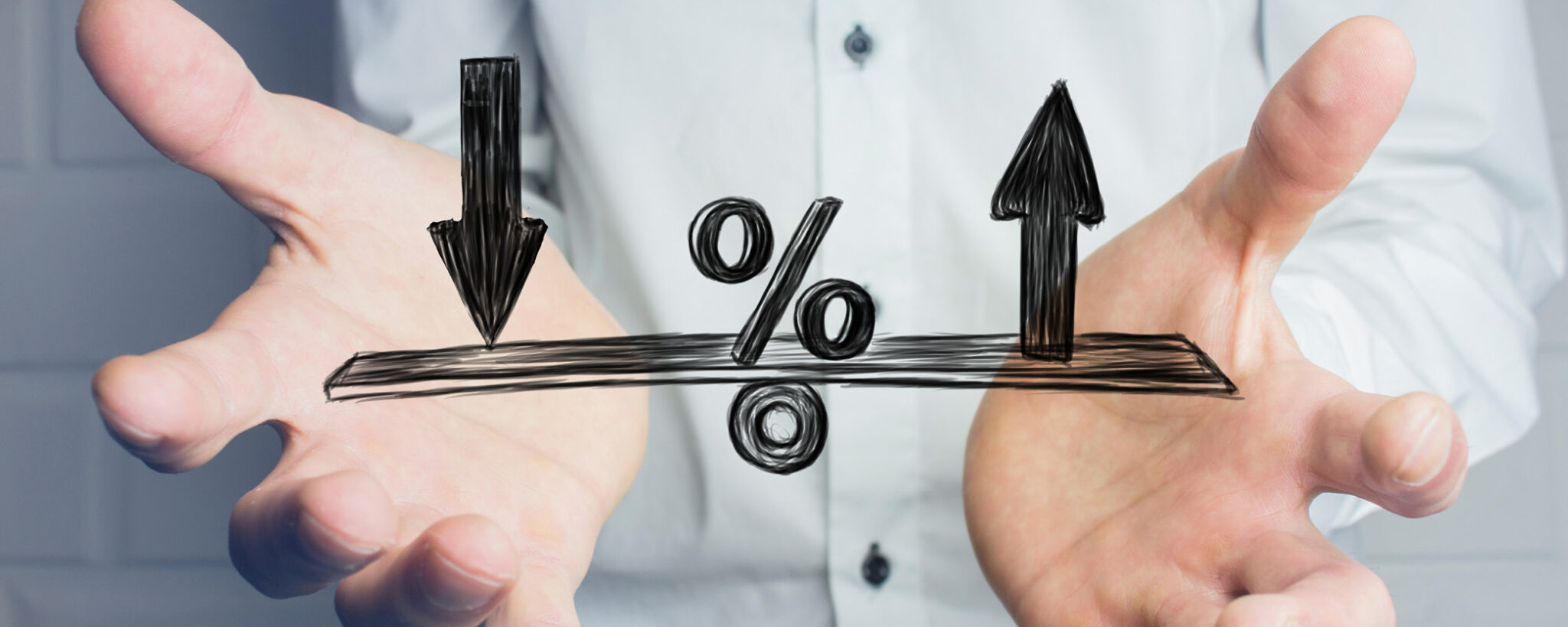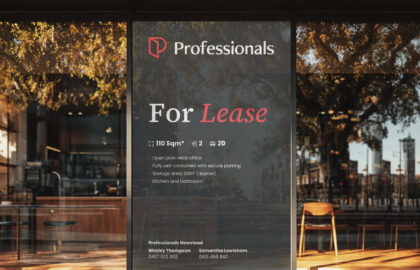
Interest rates have gone up in Australia, with the RBA raising the cash rate to 0.35%. Check out the latest news to see how the hike may affect you.
After many months of warning that it was about to do so, the Reserve Bank of Australia (RBA) has raised the cash rate.
For over a year during the pandemic, the RBA set the interest rate at 0.1%. Now they have raised it to 0.35%. Not only is this a significant rise from 0.1%, but it is also the first time the RBA has raised rates at all since 2010.
Why the change in interest rates?
There was no doubt the RBA would raise rates eventually. The only question was when. In the end, the RBA had its hand forced by rising inflation.
The fact is, extremely low interest rates were an emergency protocol that were necessary because of people losing their jobs and putting their businesses into hibernation during COVID. Now, with lockdowns behind us, inflation on the rise and wages increasing, the RBA decided it was time to leave the emergency rate behind.
At face value, it seems counterintuitive. How will rising interest rates help Australians when the cost of living is a serious issue? What will happen, though, is that the rise in the interest rate will stymie the inflation rate. This works because the increased cost of money will lower the demand for other goods and services. As a result, prices should come under more control.
How are major lenders responding?
It didn’t take long for the ‘big four’ banks to announce they were passing the rate rise on to borrowers. As shared by 7News, “Variable interest home loans will increase by 0.25 per cent across all banks.”
If you have a home loan and haven’t heard from your lender about an increase to your variable home loan rate, keep an eye out for a letter.
What does all this mean?
A jump in interest rates means that buying a home and paying off the loan will cost more in the long run because of higher repayments.
This will affect future home buyers and people who have a loan with variable rates.
The extra amount you will pay if you already have a loan depends on how much you owe. For example, those with loans of $500,000 will now pay an extra $65 per month. For a loan of $1 million, repayments will jump by more than $120 per month.
The rise in the interest rate has led to talk of a slow in the property market, but this is impossible to predict with total accuracy. What’s more, after the dramatic growth of the past year, it’s worth remembering that homeowners are still very much ahead. If you are planning to sell, chances are you will still make a profit, and you can take advantage of the change in interest rates to get a good price on your next purchase.
What to do?
Interest rates are forecast to keep rising, to a potential 2.5%. If you currently have a variable loan, you’ll need to rework your budget. If you can refinance to a fixed rate now, it may be worth investigating. Otherwise, expect an increase in your monthly repayments. If you think you’re in line for a tax rebate this year, using it to cover increased mortgage repayments may ease the burden.
For those in the market for a new home, experts recommend you move now. Prices are levelling, and interest rates are still rising. The sooner you get in, the less interest you will have to pay. The advantage you have is that you may have less competition from other buyers.
Talk to your agent and broker to work out the most suitable loan for you and take action to purchase your ideal property at a decent rate.
Want to find your ideal home before rates rise again? Reach out to your local Professionals team.







